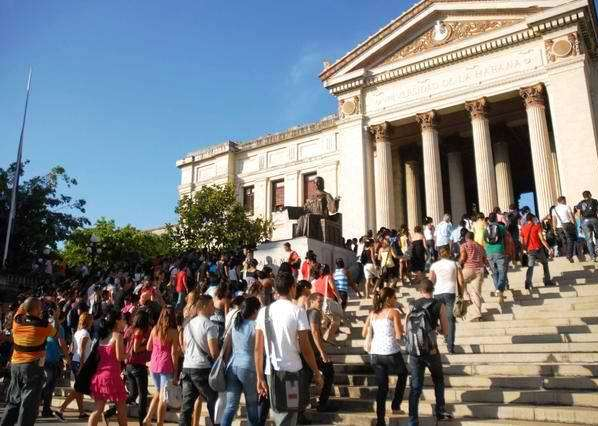
New School Year 2024-2025 to Begin on September, a Celebration for Higher Education
Cienfuegos, July 29 (RHC) Higher Education has the challenge of returning to the traditional calendar in 2024 to synchronize it with General Education, as it has been historically, and the new school year will begin on September 16, by welcoming first-year students, while continuing students will begin in mid-October, informed the Minister of Higher Education, Walter Baluja García.
He pointed out that in the different higher education institutions the new course will begin between September and November.
"In this way, the 2024-2025 course would end in July, he adds, and we would start the 2025-2026 course on the first of September, as is traditional. This would be an extremely important first challenge.
He specifies that they have the essential materials to guarantee diplomas, school books and some materials for the work of the teachers.
The beginning of the academic year 2024-25 is expected to be a celebration for higher education and especially for the universities affiliated to the Ministry of Higher Education, which continues to support local progress, scientific programs and everything related to the National Development Plan until the year 2030.
They foresee the enrollment of a quarter of a million students, including thousands of foreign students, especially in medical professions, in addition to those who are in postgraduate studies in the 50 universities that exist in Cuba, 22 of which belong to the Higher Education and the rest to other training organizations.
"It will be a course of high quality, and our graduates will be able to take advantage of the on-site supervision, as we have traditionally done, and become more involved in the tasks that we call impact, so that the students can contribute to their integral formation by contributing to the development of the country, the municipalities, provinces and territories where they work". (Photos: Courtesy of the interviewee)

